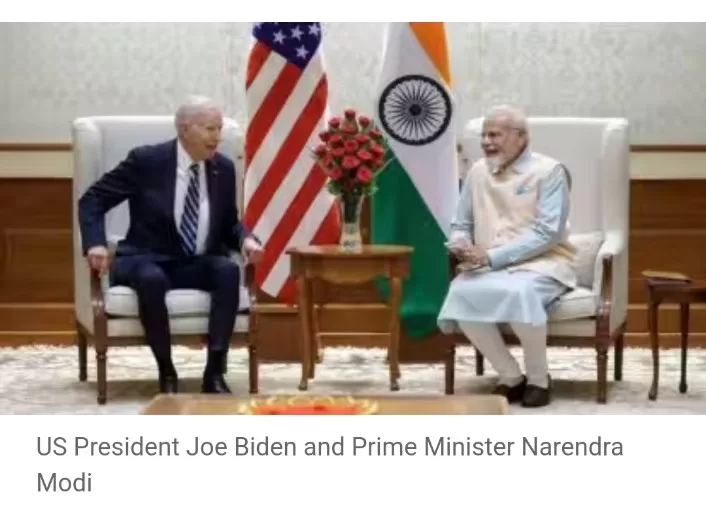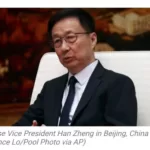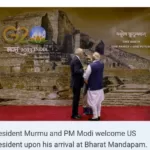In a surprising turn of events, China has formally voiced its discontent regarding the United States’ slated hosting of the Group of 20 (G20) summit in 2026, a decision previously announced by President Joe Biden’s administration. This revelation has emerged from sources privy to the discussions taking place on the fringes of the ongoing G20 summit in India.
The G20 operates on a rotational presidency system, which includes the annual gathering of world leaders. The United States had signaled its intention to assume the G20 presidency after India, Brazil, and South Africa completed their respective yearlong terms.
It is worth noting that China’s objection to this arrangement, reportedly with the backing of Russia, should be primarily seen as a symbolic gesture, as it appears improbable that this decision will be overturned. The sources, requesting anonymity due to the confidential nature of these discussions, disclosed the news, which was initially reported by the Financial Times.
While the precise reasons behind China’s objection remain undisclosed, it is essential to recognize that by the close of 2025, all G20 members will have hosted at least one summit, signifying the commencement of the rotation cycle anew. It is worth recalling that the United States hosted the inaugural G20 summit in Washington back in 2008.
The geopolitical implications of this move are considerable, reflecting the ongoing tensions between China and the United States on a spectrum of issues, ranging from Taiwan to technology export controls. It’s noteworthy that neither Chinese leader Xi Jinping nor Russian President Vladimir Putin is in attendance at the current G20 gathering in New Delhi.
The G20 comprises regional sub-groups, each responsible for determining the host of the summit. The United States belongs to a subgroup that includes Canada, Australia, and Saudi Arabia.
Up to this point, the White House has not issued an official response to these objections. US Deputy National Security Advisor Jon Finer, while addressing reporters in New Delhi, emphasized that India, Brazil, and South Africa, referred to as “the three democratic members of the BRICS” group that also encompasses China and Russia, are currently serving or poised to take up the G20 chairmanship.
Finer stated, “They are committed to the G20’s success, and so is the United States. We will host after those three. And if China is not, that’s unfortunate for everyone, but much more unfortunate, we believe, for China.”
This development underscores the evolving dynamics within the G20 and the intricate web of global diplomacy, as the world watches with interest to see how these tensions may impact future international relations.







